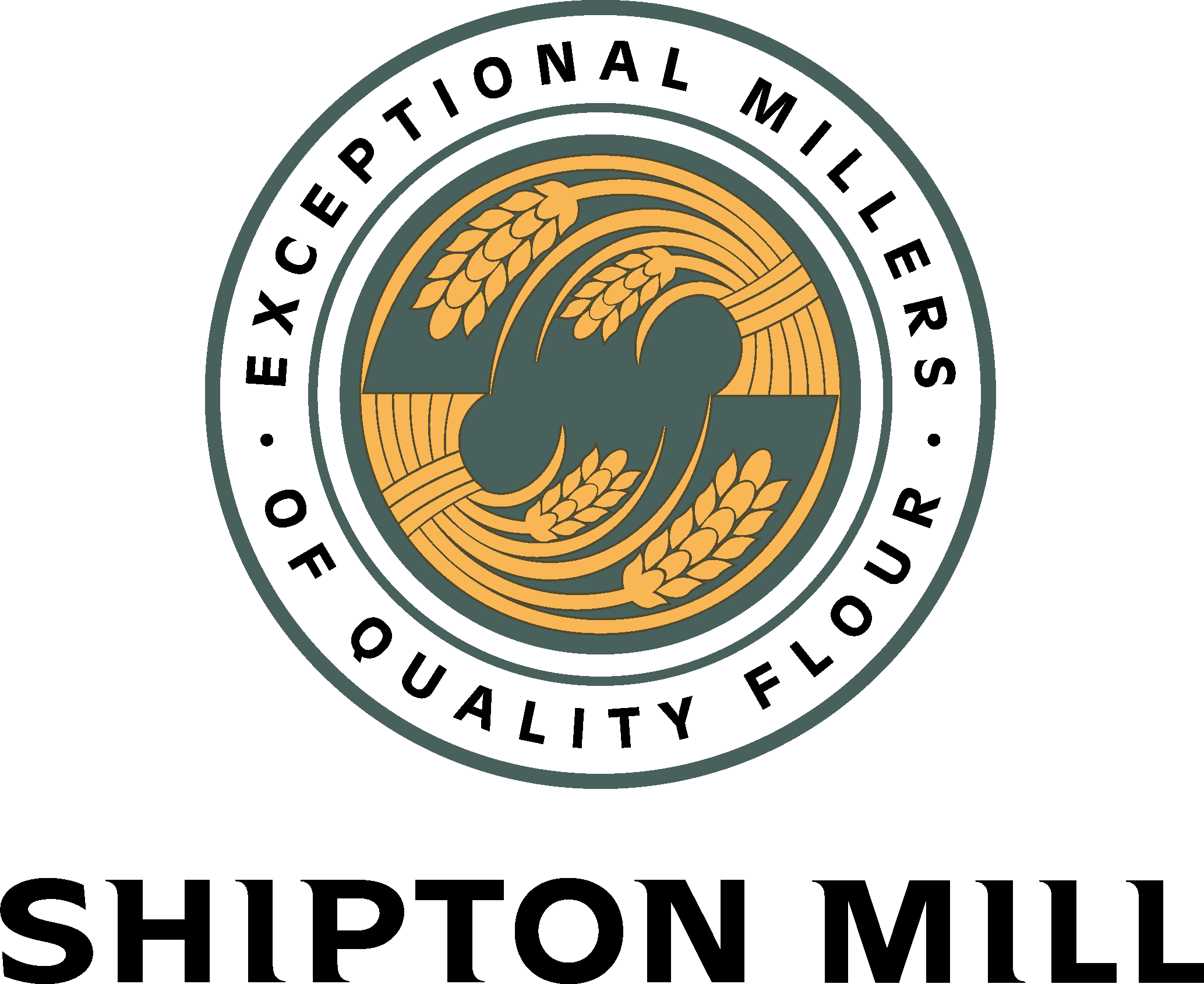Question
I have been reading the descriptions of your flours and on one it says "suited for breads which have a long fermentation process". What does this really mean? Normally I mix and need the dough and leave for 1-2 hours until it has reached the top of the bowl and then shape and prove.
I have tried allowing dough to rise slowly overnight in a cool place as suggested in some recipe books, but I find that to do so means that the dough does not rise again after proving, so I assume that the fermentation process does not last that long.
I always use fresh yeast.
Answer
Fermentation is a great art, and if we were brewers we would have a 'Brew-master' to take care of the ferment. In baking the whole idea of fermentation has been relegated to the back room, and usually takes the form of a somewhat neglected starter culture!!
When it comes to flours, each flour we mill is suited to a unique type of baking process, as well as the equipment that the baker uses, mixers, provers, retarders, as well as the product that is being made.
Leaving aside the choice of flours that you might select for the type of Bread, e.g. Ciabatta, Baguette, or English Cottage loaves....the flour choice can be influenced by the process and equipment you use. So some dough mixers are robust enough to develop pure Canadian flour, whilst mixing by hand may give you a really good work out if using a pure Canadian flour, may not deliver the appropriate dough development.
The length of fermentation will also influence your choice, the longer the ferment the more robust the flour proteins need to be in order to withstand the rigours of a long fermentation reaction. You can influence the dough development in many ways, by adjusting the rate of fermentation, and using sponge and dough techniques, etc etc.
As an easy rule of thumb, if you are just setting out and are interested in developing longer and longer ferments, which help with the flavours and whole bread structure, then using a stronger flour will be a good starting point...with more experience you will find you can use weaker flours and get even better breads, but your skill as a brew master or master of fermentation will develop.
I hope this helpful and not too long and rambling,
Have fun trying out the flour.




